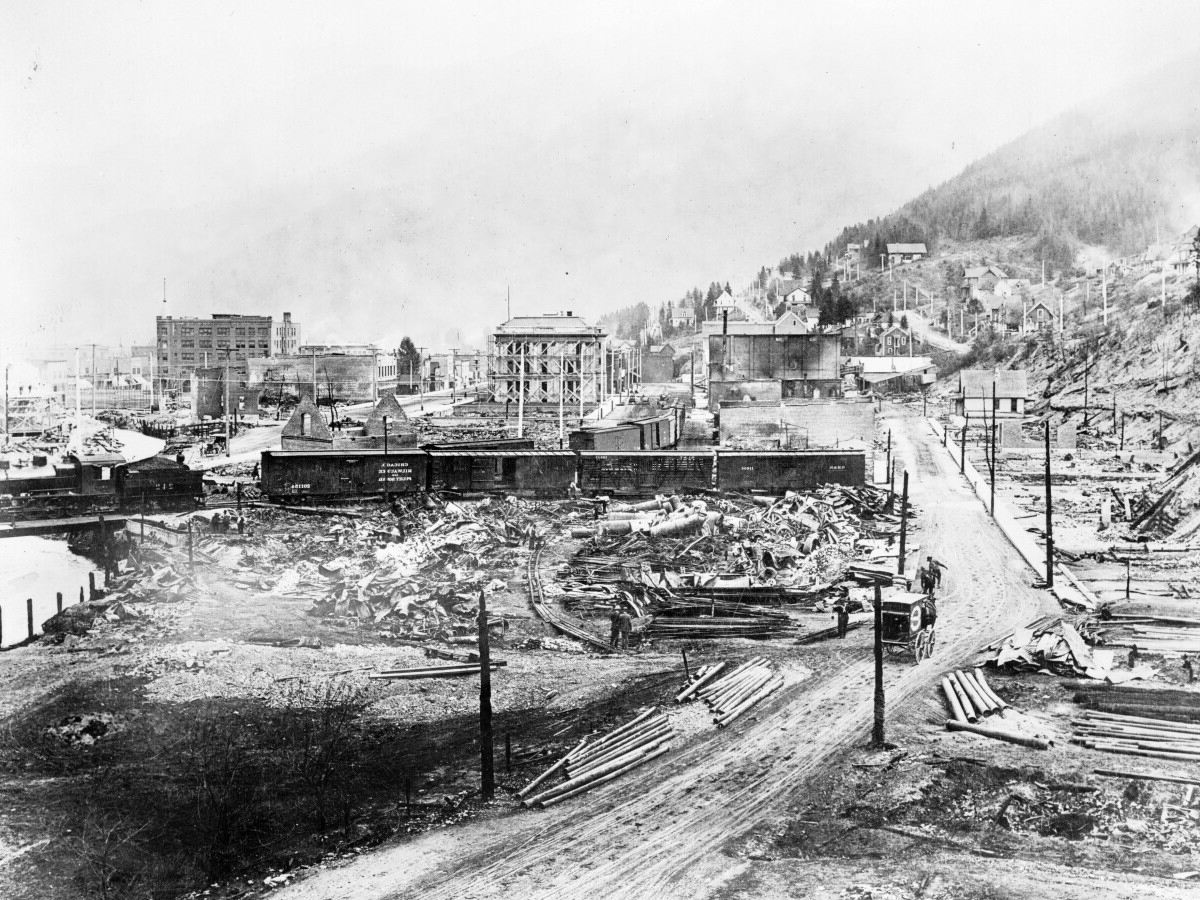
What happened in 1901? Buckle up, because 1901 was a year packed with pivotal moments. Queen Victoria, the longest-reigning British monarch at the time, passed away, marking the end of the Victorian era. Australia became a federation, uniting its colonies into a single nation. Theodore Roosevelt took office as the youngest U.S. President after President McKinley was assassinated. Marconi sent the first transatlantic radio signal, revolutionizing communication. The Nobel Prizes were awarded for the first time, honoring achievements in various fields. Baseball's American League was founded, changing the sports landscape. These events and more make 1901 a year worth remembering.
A Year of Firsts
1901 was a year of many beginnings. From technological advancements to cultural milestones, it set the stage for the 20th century.
-
The first Nobel Prizes were awarded in 1901. Alfred Nobel's will established these prestigious awards to honor outstanding contributions to humanity.
-
Australia became a federation on January 1, 1901. Six colonies united to form the Commonwealth of Australia.
-
The first transatlantic radio signal was sent by Guglielmo Marconi. This breakthrough in communication connected Europe and North America.
Political Shifts
Significant political events marked 1901, influencing global dynamics.
-
Queen Victoria passed away on January 22, 1901. Her death ended the Victorian Era, and her son, Edward VII, ascended the throne.
-
Theodore Roosevelt became the 26th President of the United States. He took office after the assassination of President William McKinley.
-
The Boxer Rebellion in China officially ended. The Qing Dynasty signed the Boxer Protocol, leading to significant foreign influence in China.
Cultural Milestones
1901 saw notable cultural developments that left a lasting impact.
-
The first modern Olympic Games were held in Athens, Greece. This event revived the ancient tradition in a new international format.
-
Beatrix Potter published "The Tale of Peter Rabbit." This beloved children's book became an instant classic.
-
The first Nobel Prize in Literature was awarded to Sully Prudhomme. His poetry and essays earned him this historic honor.
Technological Advancements
Innovations in technology during 1901 paved the way for future progress.
-
The first electric typewriter was introduced. This invention revolutionized office work and communication.
-
The vacuum cleaner was patented by Hubert Cecil Booth. His design laid the foundation for modern cleaning appliances.
-
The first automobile race in the United States took place. The race from Chicago to Evanston showcased the potential of motor vehicles.
Scientific Discoveries
Science made significant strides in 1901, leading to groundbreaking discoveries.
-
Wilhelm Röntgen received the first Nobel Prize in Physics. His discovery of X-rays transformed medical diagnostics.
-
The first Nobel Prize in Chemistry was awarded to Jacobus Henricus van 't Hoff. His work on chemical kinetics and osmotic pressure was pioneering.
-
The first Nobel Prize in Medicine went to Emil von Behring. His development of a diphtheria antitoxin saved countless lives.
Social Changes
1901 also brought about important social changes and movements.
-
The first public library in Australia opened in Melbourne. This institution provided free access to books and knowledge.
-
The first Montessori school was established by Maria Montessori. Her educational approach emphasized child-centered learning.
-
The first Nobel Peace Prize was awarded to Henry Dunant and Frédéric Passy. Their efforts in humanitarian work and peace advocacy were recognized.
Arts and Entertainment
The arts and entertainment scene in 1901 was vibrant and evolving.
-
The first silent film studio, Edison's Black Maria, was established. This studio produced some of the earliest motion pictures.
-
The first modern art exhibition, the Salon d'Automne, was held in Paris. This event showcased avant-garde artists and new art movements.
-
The first public performance of "Pomp and Circumstance" by Edward Elgar took place. This composition became synonymous with graduation ceremonies.
Economic Developments
Economic progress in 1901 laid the groundwork for future growth.
-
The first transcontinental automobile trip in the United States was completed. This journey demonstrated the feasibility of long-distance car travel.
-
The first commercial radio station, KDKA, began broadcasting in Pittsburgh. This station marked the beginning of the radio industry.
-
The first Nobel Prize in Economic Sciences was not awarded until 1969. However, economic theories and practices in 1901 influenced later developments.
Health and Medicine
Advancements in health and medicine in 1901 improved public well-being.
-
The first successful human blood transfusion was performed. This medical breakthrough saved lives and advanced surgical practices.
-
The first Nobel Prize in Physiology or Medicine was awarded to Emil von Behring. His work on diphtheria antitoxin was groundbreaking.
-
The first tuberculosis sanatorium in the United States opened. This facility provided specialized care for tuberculosis patients.
1901: A Year of Remarkable Events
1901 was packed with significant events that shaped history. From Queen Victoria's death marking the end of an era to Marconi's groundbreaking transatlantic radio transmission, the year was full of milestones. The first Nobel Prizes were awarded, celebrating achievements in various fields. Australia became a federation, and Theodore Roosevelt took office as U.S. President after McKinley's assassination.
These events, among others, highlight 1901's importance in shaping the modern world. Understanding these historical moments gives us a better grasp of how far we've come. Whether it's advancements in technology, changes in political landscapes, or cultural shifts, 1901 was a year that left a lasting impact.
So, next time you think about history, remember the remarkable events of 1901. They remind us that every year holds the potential for significant change and progress.
Was this page helpful?
Our commitment to delivering trustworthy and engaging content is at the heart of what we do. Each fact on our site is contributed by real users like you, bringing a wealth of diverse insights and information. To ensure the highest standards of accuracy and reliability, our dedicated editors meticulously review each submission. This process guarantees that the facts we share are not only fascinating but also credible. Trust in our commitment to quality and authenticity as you explore and learn with us.


